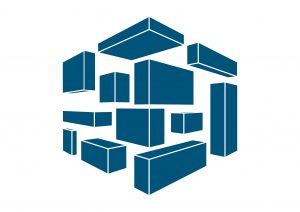
Operational Frame – The Company as Operating Entity
Go for a business that any idiot can run - because sooner or later, any idiot probably is
Peter Lynch
Overview
The point of the Operational Frame is obvious – to understand what the company does and how it does it. If the Financial Frame provides the tools to measure both the capabilities and performance of the business, the Operational Frame helps us understand and contextualise the underlying drivers of this data.
For the Operational Frame, we are interested in understanding three broad questions about the company we are analysing:
- What are its sources of income?
- What are the costs incurred to generate this income?
- What are the factors driving change in these two variables?
The tools we can use to answer these questions can in turn be grouped into three baskets:
- Company Analysis
- Industry Analysis
- Economic Analysis
Like all our tools, these tools remain one part of the investment framework and need always to be considered in context. But the operational tools carry some specific caveats:
- The operating world of business is endlessly complex and fascinating. As a result, it is easy for analysts to get caught up acquiring knowledge about a range of companies without necessarily acquiring wisdom about what this knowledge means. Time is scarce and as a general rule, analysts risk spending too much time on the operational frame without regard to the other aspects of the investment framework.
- In particular, whilst operating conditions drive financial outcomes, often these represent proximate rather than ultimate causes. Understanding the latter often represents a better return on the investment of analytical time and effort.
- The Operational Frame is often a very subjective field of analysis, so is more prone to behavioural bias. This is particularly true of business theory, much of which is based on compelling anecdotes rather than replicable empirical studies.
- Operating analysis is too often focused on understanding the behaviour of the parts rather than understanding of the broader system. Due to the complexity of the system, understanding of the individual parts often provides little predictive information. Much of what passes for industry knowledge is more about better observing current trends than it is about predicting the future.
